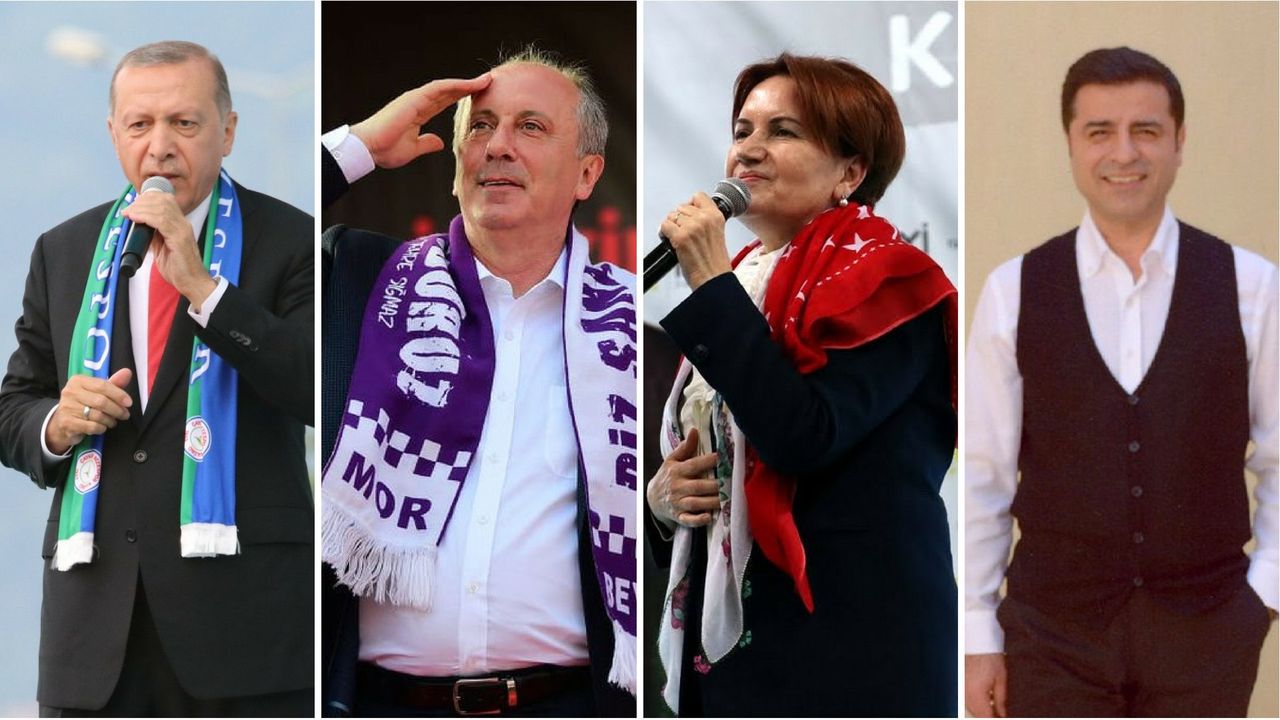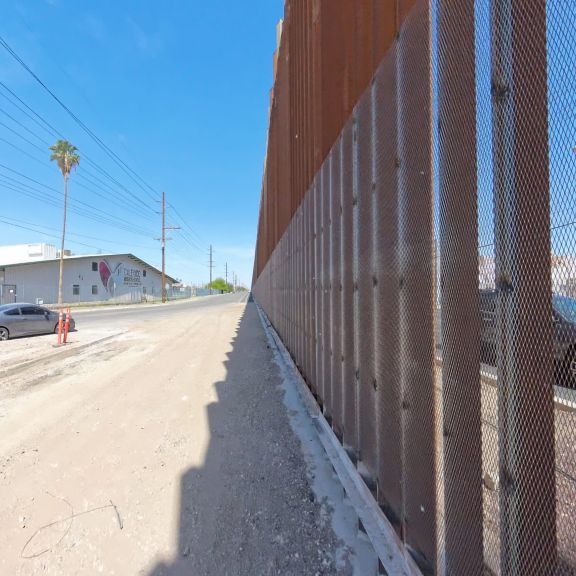
Istanbul:
We look at the polls. We look at the runes (not tea leaves in our case but the grounds in cups of Turkish coffee). We even talk to taxi drivers. Turkey goes to the ballot box this Sunday (24 June) and to many the stakes are nothing short of the future of the country’s democracy. As for the outcome – we are not quite sure what to expect.
There were already a whole slew of reasons why this has been, by any stretch of the imagination, an extraordinary political contest. For a start, both the presidential election and the parliamentary poll are being held on the same day. It is hard to think of a world precedent for such an arrangement. Elsewhere, in France for example, which has a parliament and an executive president, the contests are staggered. But then the very way Turkey is to be governed is in a state of flux.
A referendum in April 2017 transformed Turkey into a “super executive” presidential system. Ministers will be appointed from outside parliament and the office of prime minister will be abolished. Parliament still will be able to exert some control over the budget and will legislate. But the new system is low on checks and even lower on balances. It gives the president sweeping powers to issue decrees in areas not already covered by existing laws.
How this will work in practice is a known unknown. The system’s principal proponent has been Turkey’s current strongman president, Tayyip Erdogan. When he called for Sunday’s snap elections last April it probably did not occur to him that he would not emerge even stronger than before. He had every incentive to rush to the ballot box before an already overheated economy finally blew a gasket. And of course, he was already enjoying enormous power, the result of a state of emergency imposed after a botched military coup in July 2016. His government effectively ruled through fiat, through what are called “decrees with the force of law.” And the government had an estimated 90% of the media under its thumb.
Slamming the door in their face
Yet May turned out to be a cruel month. At one point the currency lost 20% of its value, its further decline only arrested by jacking up interest rates twice, now to 17.75%. Even so opinion polls still suggest that Mr Erdogan will again come out on top and that his Justice and Development Party (AKP) will form the largest block in parliament.
Yet pollsters are also reporting that they are facing an uphill task. An unusually high percentage of those they attempt to survey are, figuratively speaking, slamming the door in their face. The inference is that in a Turkey, bitterly intolerant of dissent, few are willing to confess to a they will be voting for the opposition. While it may be wishful thinking on the part of its opponents, the conclusion some are eager to draw is that after 16 years of AKP rule, a revolt is brewing.
The biggest surprise of the campaign is that suddenly Erdogan has found himself confronting an opposition that is a) less than hopeless and b) mildly united. AKP is going to the polls in an alliance with the far right National Action Party (MHP) hoping to sweep the board. Suddenly, if found itself confronted by another coalition, and unlikely ménage of social democrats, nationalists, and a small religious right party. Stopping the inexorable rise of Erdogan turned out to be a powerful glue.
The one opposition party which is not a part of this equation is the pro-Kurdish People’s Democratic Party (HDP). The most bizarre spectacle of this election has been the sight of its presidential candidate, Selahattin Demirtas making a party-political broadcast from his prison cell. He has been languishing in jail since 2016 on terrorism related charges — although most believe that his real crime has been his boyish charisma — eroding the support which the AKP once enjoyed among conservative Turkish Kurds.
As a result, several polls are now predicting that June 24th may not go as planned. One likely scenario is that Erdogan will not get 50% of the vote this Sunday but will have to wait for a second round on 8 July for his super presidency to be anointed. But support for his likely rival, Muharrem Ince is on the rise. Ince has an easy, confident manner and way of speaking straight to people’s concerns – the very skills which the young Erdogan, now 64, once possessed. That same wishful thinking brigade are predicting a second contest might be close.
It is also a possibility that AKP will top the parliamentary poll but not win enough seats to gain control. A precedent for this is the general election of June 2015 when the AKP lost 69 seats and its overall majority. President Erdogan took the country to another poll the following November and this time managed to come out on top – in part by stoking Turkish nationalist fervour by waging an all-out campaign on Kurdish separatists in the southeast of the country – a conflict which many observers say the government was eager to provoke.
The repercussions of that conflict reverberate still. If the HDP gets over the 10% threshold any party needs to qualify for parliamentary seats, then it is almost certain that AKP will again lose its majority. But even if that happens, Turkey will no longer be a parliamentary system and a newly elected President Erdogan might feel he can bluster his way through.
Candidate Erdogan still has a few cards up his sleeve. The opposition has promised that Turkey will return to a more democratic constitution and that a first step will be to get rid of the widely-disliked state of emergency (SoE) – a form of rule condemned by Turkey’s largest business confederation as well as the OSCE. The government, too, has assured the electorate the SoE will probably not be renewed for an eighth time after it expires mid-July.
Its calculation might well be that by that time, the new president will have all the powers he needs. On Sunday, we will find out.
Photo: President Tayyip Erdogan (L) is running for a second term while his main contenders, CHP’s Muharrem Ince (2L) and GOOD Party’s Meral Aksener (2R) have drawn huge crowds during their rallies. HDP’s Selahattin Demirtas (R), meanwhile, had to run his campaign from his prison cell.






















